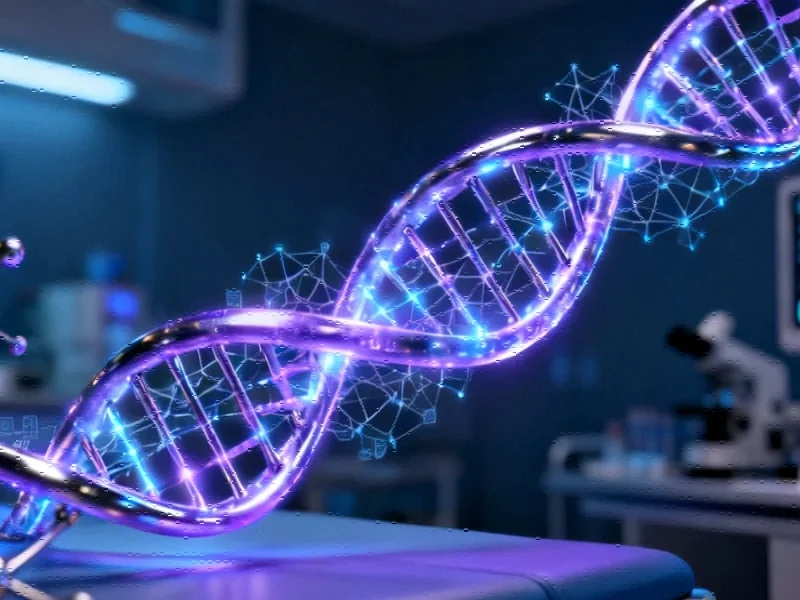AI Revolutionizing Drug Discovery and Precision Medicine, Report Reveals
Artificial intelligence is fundamentally reshaping biotechnology and pharmaceutical research, according to a comprehensive industry analysis. The integration of machine learning and deep learning techniques is reportedly accelerating drug discovery while reducing development costs and timelines. Researchers suggest these advancements are paving the way for more personalized medical treatments and improved patient outcomes.
AI’s Transformative Impact on Drug Discovery
Artificial intelligence is revolutionizing pharmaceutical research and development, according to recent analysis in npj Digital Medicine. Sources indicate that AI applications in biotechnology are accelerating drug discovery processes that traditionally relied on labor-intensive techniques and trial-and-error experimentation. The report states that machine learning and natural language processing can analyze vast datasets more efficiently than conventional methods, significantly reducing development timelines.

